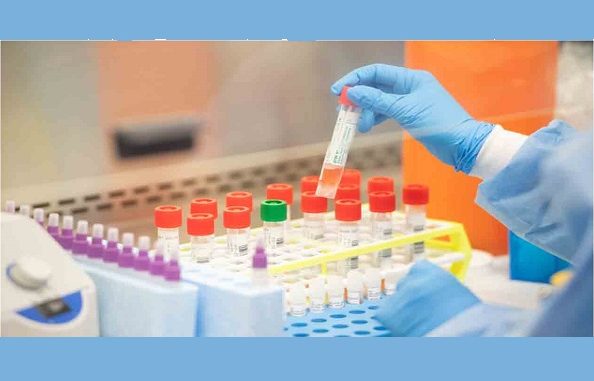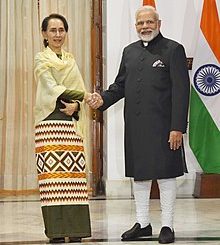
Nov 12: According to the National Research Center for Epidemiology and Microbiology named after N.F. Gamaleya of the Russian Ministry of Health and the Russian Direct Investment Fund (RDIF) the Sputnik V vaccine, the world’s first registered vaccine against COVID-19 coronavirus (registered on the 11th of August under the emergency use authorization mechanism) created on the well-studied platform of human adenoviral vectors, demonstrated high efficacy. The confirmation is based on the first interim data from the largest double-blind, randomized, placebo-controlled Phase III clinical trials in Russia involving 40,000 volunteers.
The trials evaluated efficacy among over 16,000 volunteers who received the vaccine or placebo 21 days after the first injection. As a result of a statistical analysis of 20 confirmed cases of coronavirus, the case split between vaccinated individuals and those who received the placebo indicates that the Sputnik V vaccine had an efficacy rate of 92% after the second dose.
Separately, in September the vaccine was first administered to a group of volunteers from the “red zones” of Russian hospitals. The observation of additional 10,000 vaccinated volunteers representing medics and other high-risk groups under the civil use of the vaccine out of clinical trials also confirmed the vaccine’s efficacy rate of over 90 percent.
The data received will be published by Gamaleya Center researchers in one of the world’s leading peer-reviewed medical academic journals following an independent valuation of the data by leading epidemiology experts. Following the completion of Phase III clinical trials of the Sputnik V vaccine, Gamaleya Center will provide access to the full clinical trial report.
As of November 11, as part of the clinical trials in Russia’s 29 medical centers, more than 20,000 volunteers were vaccinated with first dose and over 16,000 volunteers with the first and the second dose of the vaccine.
In addition, as of November 11, no unexpected adverse events were identified as part of the research. Some of those vaccinated had short-term minor adverse events such as pain at the injection site, flu-like syndrome including fever, weakness, fatigue, and headache.
During the clinical trials, the safety of the vaccine is constantly being monitored; information is analysed by the Independent Monitoring Committee comprising of leading Russian scientists. Collection, quality control and data processing is conducted in line with ICH GCP standards and involving active participation of Moscow’s Health Department and Crocus Medical, the contract research organization (CRO).
Observation of study participants will continue for six months after which the final report will be presented. Currently, Sputnik V Phase III clinical trials are approved and are undergoing in Belarus, the UAE, Venezuela, and other countries, as well as Phase II-III in India. A separate detailed study of the vaccine’s safety and immunogenicity for elderly people is being conducted.
The research data will be provided by the RDIF to the national regulators of countries interested in purchasing the Russian vaccine in order to streamline the registration process.
Read more at https://sputnikvaccine.com.
Disclaimer: We donot claim that the images used as part of the news published are always owned by us. From time to time, we use images sourced as part of news or any related images or representations. Kindly take a look at our image usage policy on how we select the image that are used as part of the news.


